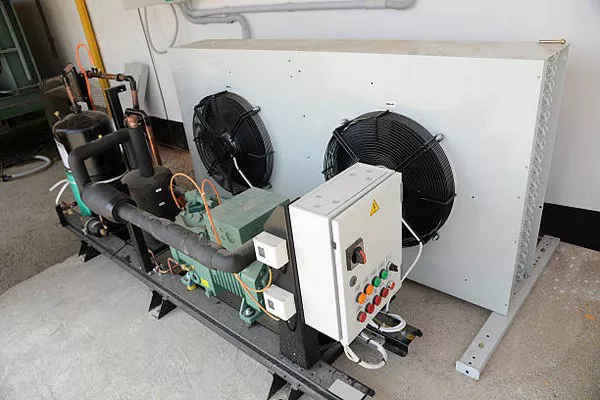In the realm of portable power generation, ensuring safety is paramount. One common query that arises is whether it’s necessary to ground a generator. Let’s delve into this topic to comprehend the nuances and importance of generator grounding.
Why is Generator Grounding Important?
Generator grounding plays a pivotal role in safeguarding against electrical hazards. The grounding of a generator system helps to prevent potential electric shocks by providing a path for fault currents to safely dissipate into the ground. This is particularly crucial in scenarios where electrical faults might occur due to damaged wiring, equipment malfunction, or other unforeseen issues.
In a typical setup, a generator is connected to various electrical devices or a home’s electrical system. Without proper grounding, the risk of electrical shock or fire increases significantly. Grounding ensures that any fault in the system causes a circuit breaker to trip, cutting off power and preventing potentially dangerous situations. Additionally, grounding helps stabilize voltage levels and protect sensitive equipment from damage caused by electrical surges or fluctuations.
Do All Generators Need to be Grounded?
Not all generators require grounding, as this can depend on the type and size of the generator, as well as the specific installation circumstances. For portable generators, which are commonly used for recreational or emergency purposes, the general recommendation is to connect the generator’s frame to a grounding rod using a grounding wire. This setup ensures that any electrical faults are directed safely away from the generator and its surroundings.
On the other hand, larger standby generators or those permanently installed as part of a home or business backup power system may have different grounding requirements. In such cases, adherence to local electrical codes and regulations is crucial. These regulations typically dictate specific grounding methods to ensure compliance with safety standards and to protect against electrical hazards in more complex electrical systems.
How to Ground a Portable Generator
Grounding a portable generator is relatively straightforward and can be done using a few essential components. The primary method involves connecting the generator’s grounding terminal or grounding wire to a grounding rod driven into the earth. This grounding rod should be placed in a location where it can efficiently dissipate fault currents. The connection is typically made using a heavy-duty copper wire, which should be securely fastened to both the generator and the grounding rod.
Additionally, it’s essential to ensure that all electrical connections are secure and in good condition. Loose connections can lead to increased electrical resistance, which can generate heat and pose fire risks. Regular inspections of the generator’s electrical system, including the grounding components, are recommended to maintain optimal safety and performance.
Considerations for Standby Generators
Standby generators, which are designed to provide backup power during outages for extended periods, often require more complex grounding setups. These generators may be permanently installed and connected directly to a building’s electrical system. In such cases, grounding is typically integrated into the generator’s installation process and may involve specialized grounding techniques to meet local electrical codes and regulations.
It’s crucial to consult with a qualified electrician or generator installer when dealing with standby generator installations. These professionals can ensure that the generator is grounded correctly and in compliance with all applicable safety standards. Improper grounding of a standby generator can have serious consequences, including increased risk of electrical shock, fire hazards, or damage to the generator itself.
Conclusion
In conclusion, while not all generators require grounding, it is a critical aspect of generator safety, particularly for portable units that are commonly used in various settings. Proper grounding helps to mitigate the risk of electrical hazards, including electric shock and fire, by providing a safe path for fault currents. Whether you’re using a portable generator for camping, emergencies, or standby power for your home or business, understanding and implementing the appropriate grounding measures is essential for ensuring both safety and the optimal performance of your generator system. Always consult with knowledgeable professionals to ensure that your generator is grounded correctly and in accordance with relevant electrical codes and regulations.

